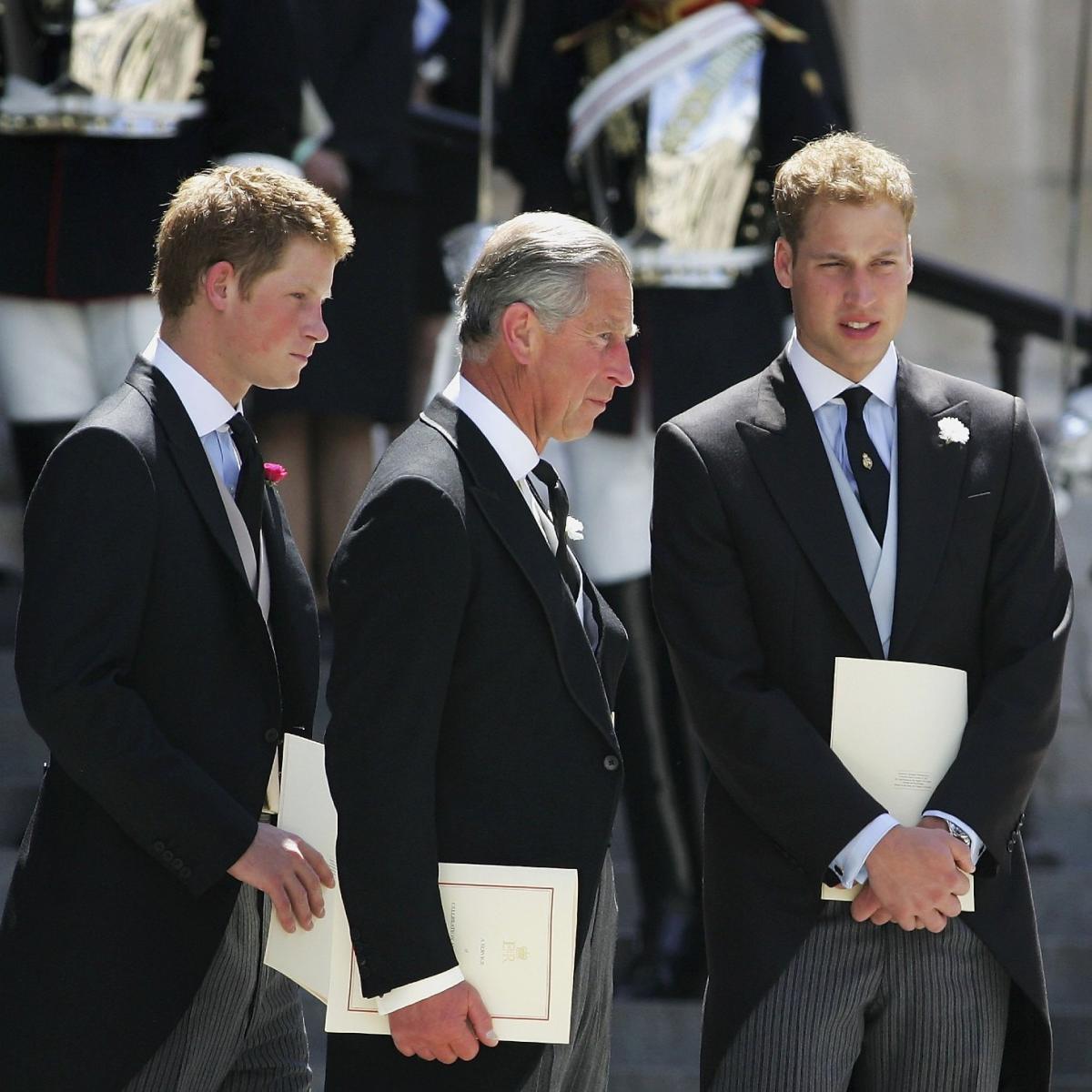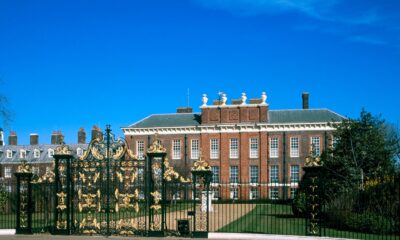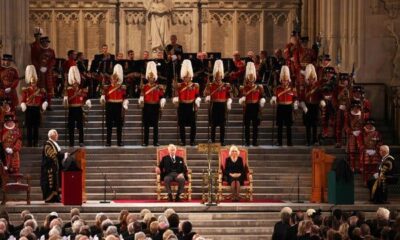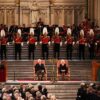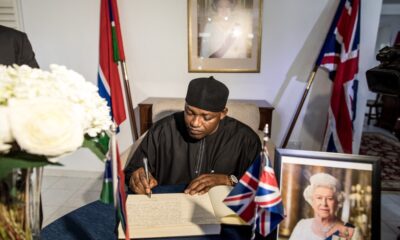The News
Royal Family Dynamics: King Charles and Prince William’s Relationship Thrives Amid Controversy
Despite recent controversial claims, the bond between King Charles and Prince William remains steadfast, with sources close to the royal family shedding light on the strengthening of their relationship.
The allegations, as detailed in Omid Scobie's book “Endgame,” have been vehemently dismissed by friends of the monarch and his elder son, emphasizing the unity between them amidst occasional tensions.
The fallout following Prince Harry and Meghan's departure from the royal family served as a catalyst for bringing King Charles and Prince William closer together, according to insiders.
Notably, a heartwarming Father's Day photograph captured a moment of vulnerability and closeness between the two, symbolizing a significant shift in their dynamic.
This gesture was carefully orchestrated, suggesting a deliberate effort to showcase their improved rapport.
Efforts to downplay the rift depicted in Scobie's book have been evident within palace staff, who have been advised against exacerbating the situation.
Critics of the book have denounced its portrayal of the monarchy, labeling it as baseless and sensationalist.
Specifically, claims regarding Prince William's alleged doubts about his father's competence have sparked outrage, with assertions of differing leadership styles further fueling the controversy.
The narrative surrounding the royal family extends to the Duke and Duchess of Cambridge, with suggestions that their decision to forego visits to key Commonwealth realms out of respect for the King has been misinterpreted.
While comparisons to other royals' overseas engagements have surfaced, concerns about overshadowing the monarch's presence have been cited as a primary reason for their strategic approach.
Scobie's book delves into the intricacies of familial relationships within the monarchy, including portrayals of Kate Middleton and Queen Camilla that have raised eyebrows.
Allegations of Kate's purported indifference towards Meghan's struggles and Queen Camilla's unfiltered opinions on modern issues have sparked debates over their public personas versus private beliefs.
The book's controversial claims have added layers of complexity to the ongoing scrutiny of the royal family.
Accusations of orchestrated leaks and private correspondences between family members have further muddied the waters, with implications of internal discord and power struggles dominating the narrative.
The withdrawal of the book from sale in the Netherlands due to translation errors underscored the sensitivity surrounding its contents, highlighting the challenges of accurately portraying royal dynamics.
Scobie's grim assessment of the monarchy's current state has reverberated among the public, with shifting sentiments towards the institution becoming more apparent.
Despite this, a majority of Britons still express support for the monarchy, albeit with a noticeable decline in approval ratings.
The evolving landscape of public opinion underscores the need for the royal family to adapt and address ongoing controversies.
King Charles and Prince William's collaborative efforts to modernize the monarchy reflect a shared vision for a more inclusive and forward-thinking institution.
Their focus on environmental issues, community engagement, and interfaith dialogue showcases a commitment to relevance and responsiveness in a rapidly changing world.
While challenges persist, their dedication to upholding tradition while embracing change is evident in their approach to governance.
In navigating the complexities of family dynamics and public scrutiny, King Charles and Prince William exemplify a balance between tradition and innovation within the monarchy.
Their resilience in the face of adversity and willingness to engage with dissenting voices signal a nuanced approach to leadership that acknowledges the evolving expectations placed upon the royal family.
As they continue to navigate turbulent waters, their ability to adapt and evolve will be crucial in shaping the future of the monarchy.


